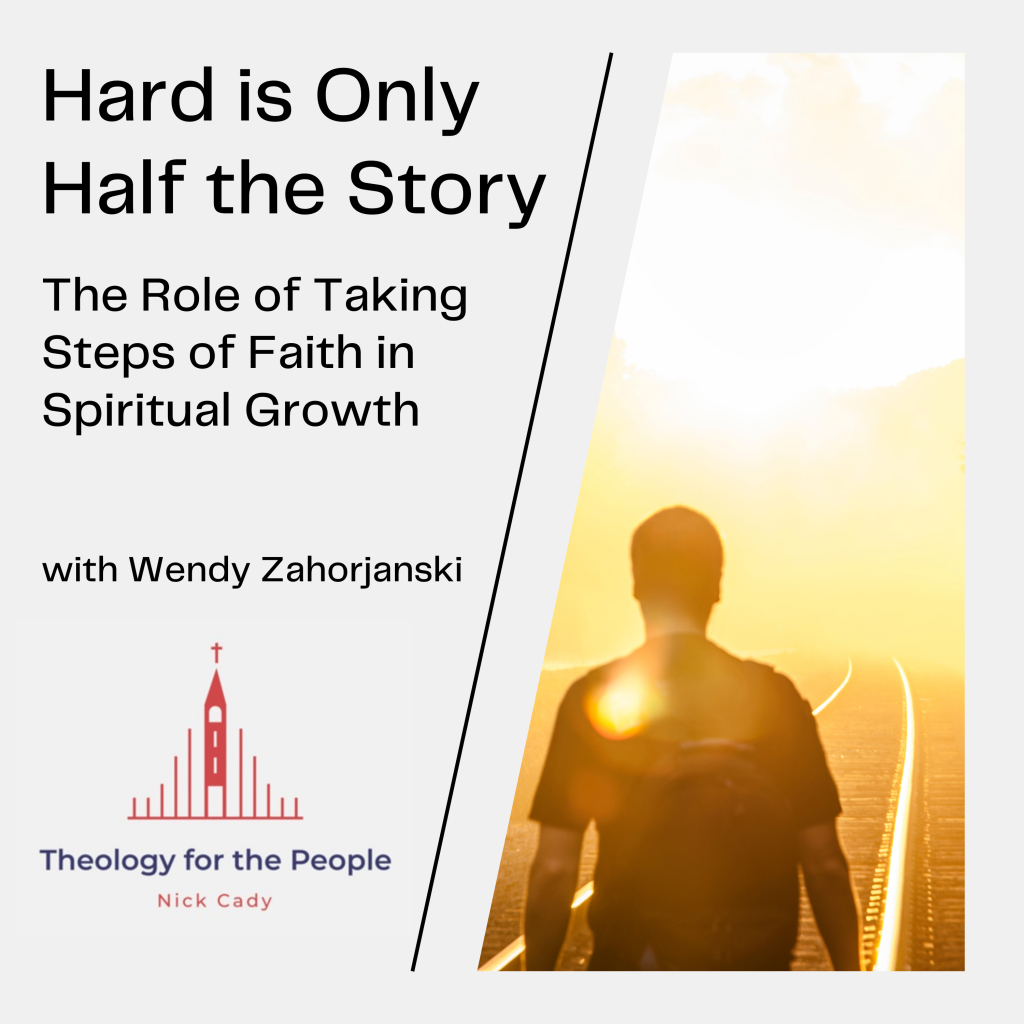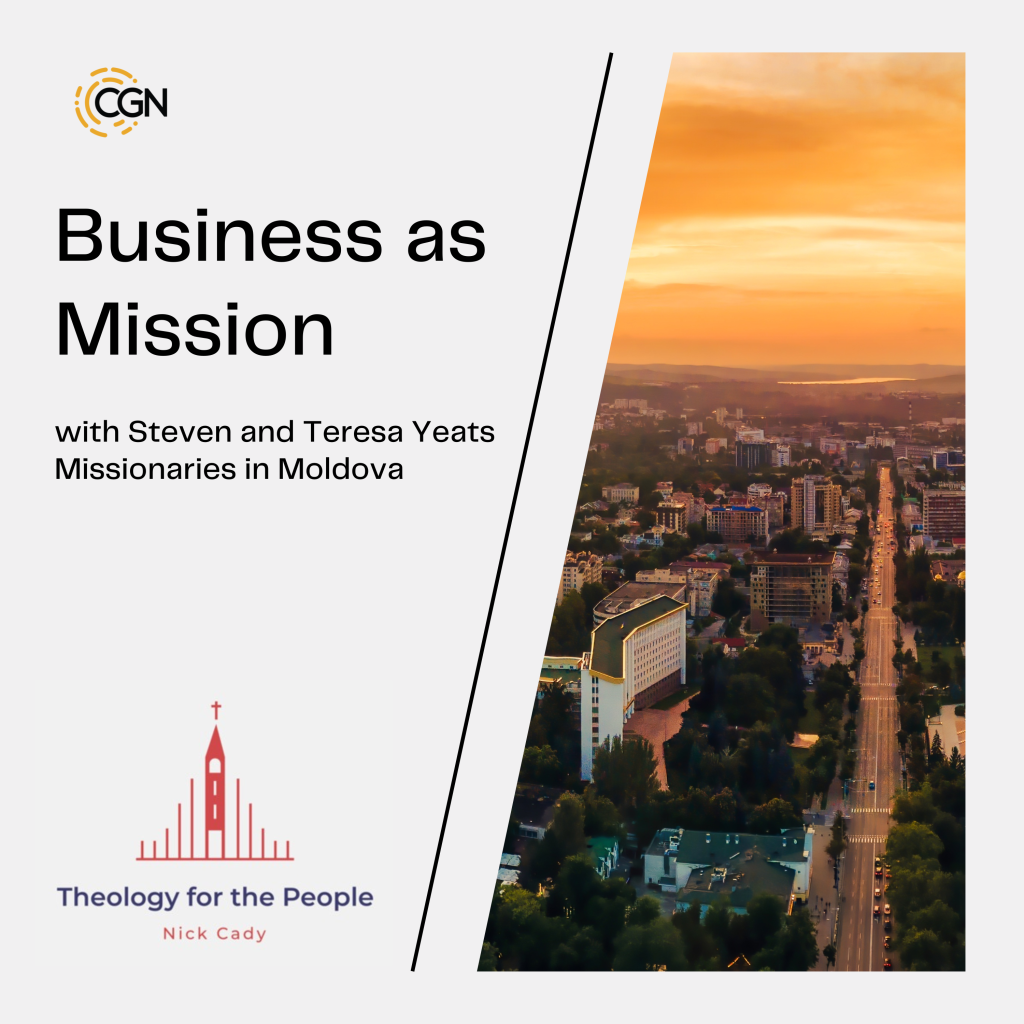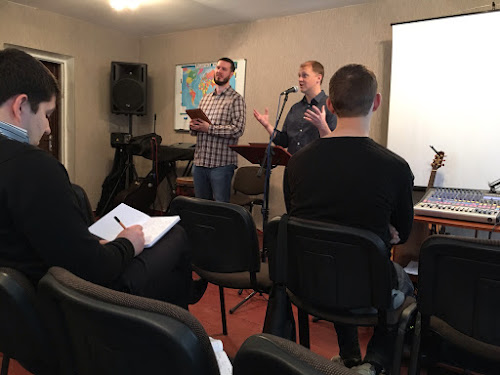 Hungary has been in the news a lot lately because of the refugee crisis going on right now in Europe. Because my wife and I lived there for so long, many people have been asking for my opinion on what’s happening, so here goes:
Hungary has been in the news a lot lately because of the refugee crisis going on right now in Europe. Because my wife and I lived there for so long, many people have been asking for my opinion on what’s happening, so here goes:
What is happening right now is going to shape the future of Europe
This is something of historic proportions. Estimates range from 300,000 to over 1 million Syrian, Iraqi and Afghan migrants and refugees having entered already into Europe over the past several months. Countries like Hungary, Slovakia, Poland, Czech Republic are mostly homogeneous nations; they have had almost no muslim population to speak of. Until now, muslims in Europe have been based solely in the Western countries. That is now going to change.
I don’t believe that most of these migrants are muslim radicals; the great majority of them are people fleeing atrocities and horrible circumstances, which is very understandable. However, since the floodgates have opened up, there is no saying who all is coming into Europe right now, and I’m sure there is a mixed bag, with some of those radical elements being part of it, seeing a wide open door to Europe and taking the opportunity. Conspiracy theories are rampant as to the idea that this is a muslim invasion of Europe, but honestly, really radical muslims in Syria and Iraq who want an Islamic state would probably be most inclined to joining ISIS anyway, since that is what they want.
Long term solutions and short term responses
The long term solutions to this problem are certainly not something I’m qualified to give, but I would assume that peace and stability in Syria, and the defeat of ISIS is a big part of it.
The Dublin Agreement, which says that the first European Union country a migrant enters is responsible for registering them and then processing them is, in my opinion, unfair. It serves to protect the wealthy countries of North and West Europe and keep the burden on the poorer countries of Southern and Eastern Europe. I’m glad to see the Dublin Agreement being ignored and reconsidered. I do think the suggestion of Donald Tusk of Poland is fair, that the countries of the European Union should share the burden of these refugees. Some countries are not really affected by it, while others bear the brunt of it.
However, since the Dublin Agreement has been being ignored, with Austria and Germany accepting thousands of refugees who were “stuck” in Hungary, I expect even more refugees to come, as word of that spreads, and there is an apparent open door into Western Europe for anyone willing to make the journey. None of these people want to stay in Hungary. They are trying to go through Hungary into the wealthy countries of Western and Northern Europe.
In the short term, the response of Christians in Europe to the refugees has been amazing. I do believe that as Christians our calling is to love and serve those right in front of us, no matter their creed or nationality, and many of my friends and former colleagues in Hungary and Serbia are doing just that. Below I have included a link for how you can support their efforts.
The response of Hungarian citizens to the refugees in their country has been outstanding. They have treated them with love and respect. The video that was on the news yesterday of a Hungarian camerawoman at Röszke tripping and kicking refugees was despicable and not at all characteristic of the Hungarian people. This woman was filmed tripping a man carrying a child, so that he and the child fell, and later kicking a young refugee girl in the stomach as she tried to run by. It turns out this woman worked for a far-right wing news source, and even they didn’t approve of her actions and she was fired.
My wife Rosemary and I worked with refugees for years in Debrecen, Hungary – and what we found was that for many of these people from majority muslim countries, coming to Europe was the first time they had been exposed to Christianity and for most of them it was the first opportunity they had to hear the Gospel and read the Bible. We saw many people convert to Christianity, and I do believe that this may be a great opportunity for these muslim people to come to Europe and hear about Jesus. The work of Christians in loving them will make great strides towards this end. Pray that God would use this crisis as a way of bringing many of these people to a saving knowledge of Jesus Christ.
How you can help
Our friends at Calvary Chapel Bible College Europe in Vajta, Hungary – only a short drive from Röszke, the major flashpoint for refugees entering Hungary, are providing food and blankets, among other things, to the refugees who have been being kept at a temporary “camp” on the border, which is just a fenced off corn field, where refugees, including many children, are sleeping on the ground in increasingly cold temperatures. For the last few nights it has been 10 degrees Celsius / 50 degrees Fahrenheit.
We also have friends in Szeged, Hungary, only a few kilometers from Röszke, and they have been very involved with the refugees as well. Here is a link to their blog where you can follow what they are doing.
Pray for the refugees and those serving them in the name of Jesus!
















 Hungary has been in the news a lot lately because of the refugee crisis going on right now in Europe. Because my wife and I lived there for so long, many people have been asking for my opinion on what’s happening, so here goes:
Hungary has been in the news a lot lately because of the refugee crisis going on right now in Europe. Because my wife and I lived there for so long, many people have been asking for my opinion on what’s happening, so here goes: